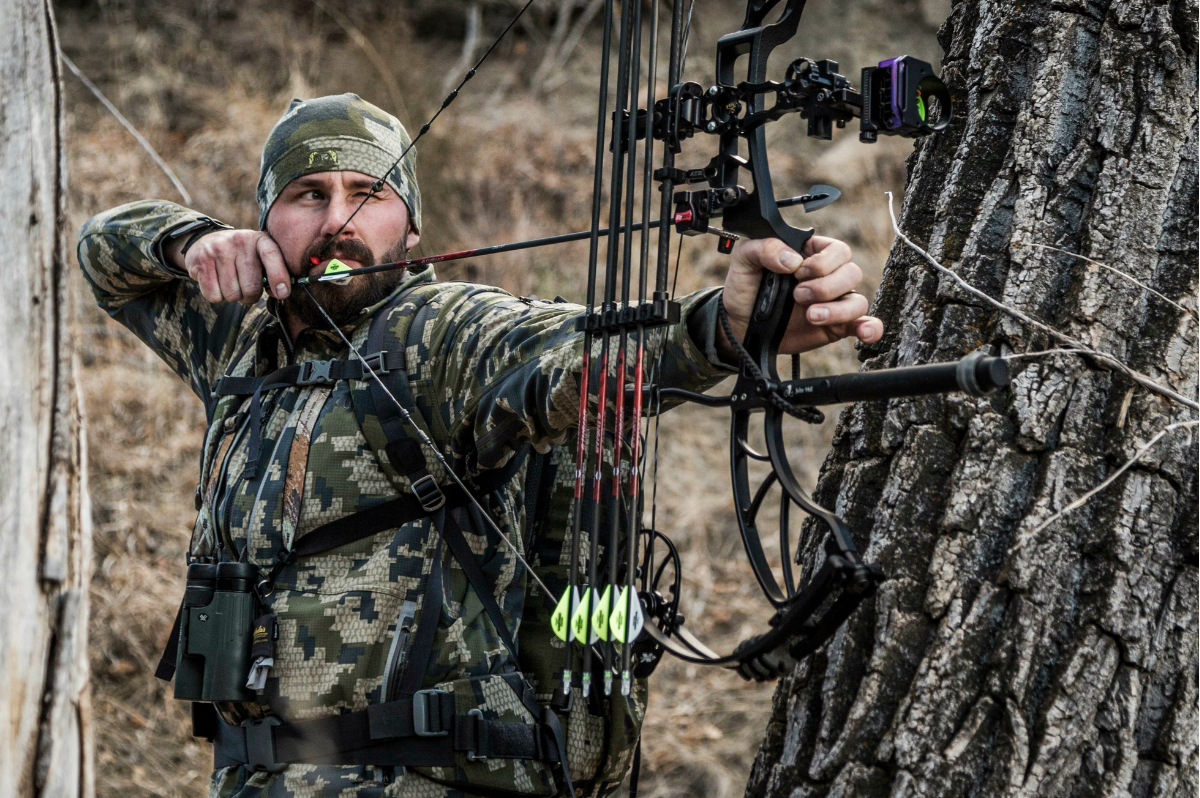
 0
0 
The ancient art of bow hunting, dating back to the Stone Age, is often viewed through a lens of controversy. In the modern era, this practice has evolved into a sport that elicits passionate debates about ethics and conservation. This blog post aims to provide an overview of bow hunting and delve into the ethical considerations surrounding it.
Bow hunting is the act of pursuing or taking wild game animals using a bow and arrow. It challenges hunters to get within yards of their prey undetected, making it one of the most hands-on and exhilarating ways to experience nature.
Throughout history, bow hunting has been practiced in various regions around the world, including Asia, Europe, and North America. Today, it’s not just about the pursuit or killing of an animal; it’s also about the relationship between the hunter, the hunted, and the environment.
Renowned podcaster and avid bow hunter Joe Rogan has often used his platform to discuss the ethical aspects of bow hunting. He argues that regulated hunting can play a vital role in maintaining healthy animal populations and preventing overpopulation-related issues such as starvation and disease.
However, critics argue that the use of advanced technology, like high-powered crossbows and electronic tracking devices, takes away from the ‘fair chase’ principle essential in ethical hunting. They argue that such technology gives the hunter an unfair advantage over the animal.
Moreover, the character of hunters themselves comes under scrutiny. Ethical hunting requires respect for the animal and the environment. Unfortunately, instances of poaching or disrespectful behavior can tarnish the image of hunting.
Proponents of bow hunting, like Rogan, highlight its role in conservation. They argue that fees from hunting licenses contribute to wildlife management and habitat restoration efforts. Additionally, hunting can help control certain animal populations, preventing damage to ecosystems and species diversity.
Sustainable hunting practices also involve using every part of the animal. Rogan, for instance, sources much of his meat through hunting, ensuring it’s organic and ethically obtained.
The ethics of bow hunting is complex and multifaceted. While there are valid concerns, responsible hunting practices have undeniable benefits for conservation and sustainable living. It’s essential to promote respectful and regulated hunting, focusing on education and enforcement of ethical standards.
In the end, the ethics of bow hunting, like many things, may lie in the eye of the beholder. However, one thing is clear: when done respectfully and responsibly, hunting can be a tool for conservation and a path to a deeper understanding of our relationship with nature.

 0
0